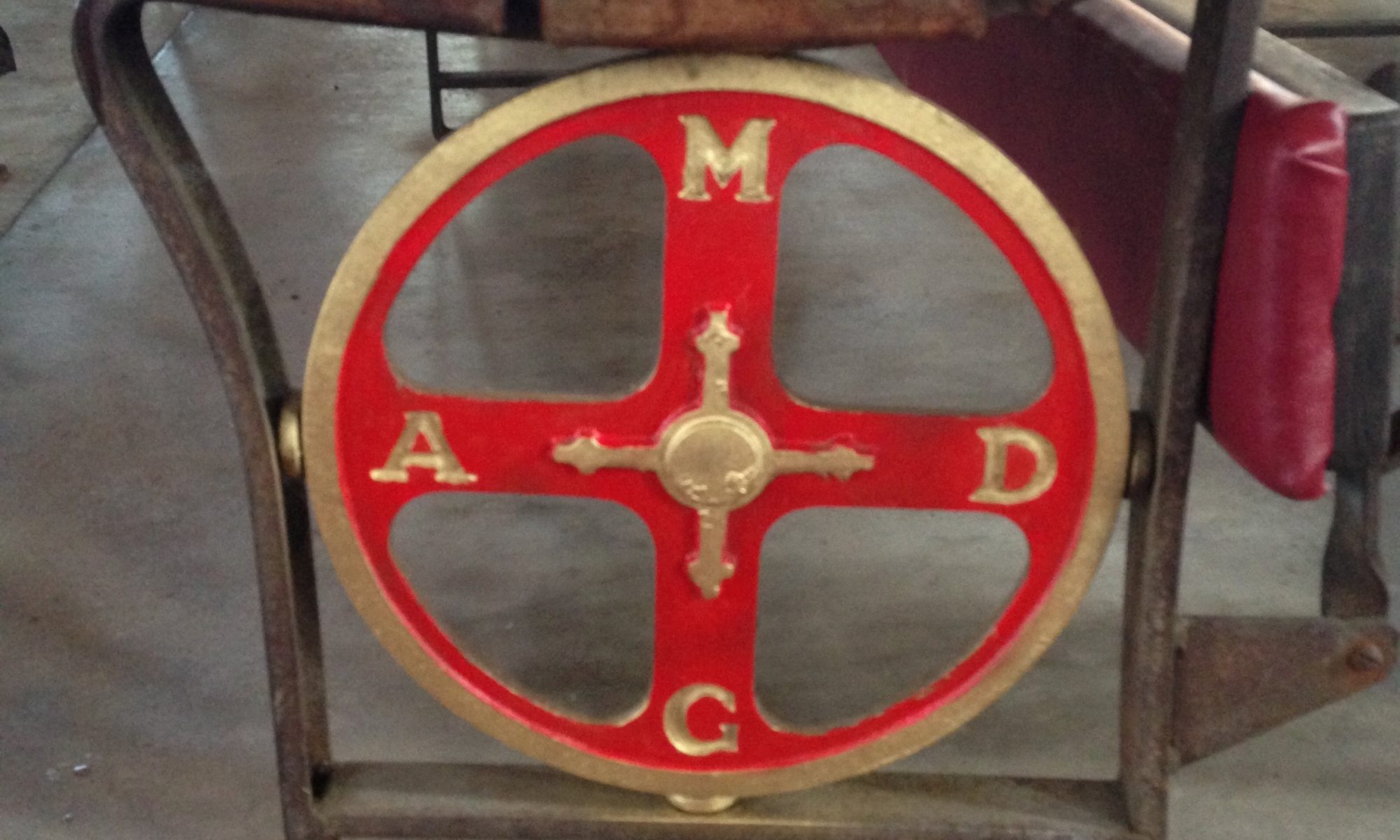Well everybody (all two of you!) the 39 articles series is at a close. The last article to be explained was the long one; article 17 regarding predestination and election.
Episcopalians believe in predestination. At least, if the 39 articles are to be taken as is, they are supposed to. What is predestination you ask? We were given lots of descriptions. Here are several.
1) Predestination means all events are willed by God.
2) Predestination refers to God’s goals; who are among the ‘elect’- those he chooses to save.
At this point a lot of people are asking:
How does predestination jive with human free will?
Would God really make beings he is going to send to hell?
Why and how does God choose?
Historically there are several viewpoints to decide to listen to. St Augustine (pre-reformation) was converted to the church from a very negative way of life with drinking and womanizing. His thought was-“since I was clearly undeserving, we cannot know why God chooses”. John Calvin saw predestination in a very strict light. Using the model of Jacob and Esau he understood it to mean one is chosen before birth and there is no way to change it. Because of this some Calvinists won’t evangelize (it wouldn’t do any good). Jacobus Arminius felt that it worked this way: God foresees those that will do right and choose salvation.
For Anglicans the phrase ‘predestined to life’ is an important one. It means that we were meant to have life so God could invite us all to salvation. Yet according to this article there are clearly some who will get left out of the salvation part. In a weird kind of duality, it seems you must choose God, but he also must choose you. Remember, the idea is that there is no salvation outside Jesus and God. You choose God and God chooses you. God chose you to live, he wants you to choose him.
I would characterize it the opposite way as well; God gives life, we can choose to pick hell. Is this the glass half full/ half empty argument? It makes it sound a little nicer to say one is free to choose heaven. But it’s basically another way of saying, if you choose wrong you wind up in hell. And God knew all along that you’d end up there. It sounds rough, but theologically the only alternatives would be a) everyone gets into heaven or b) God is not omniscient. I do have to wonder how relevant this is given the idea that we don’t know what God knows. Who cares if we are predestined to a certain fate if only God knows what that fate is?
